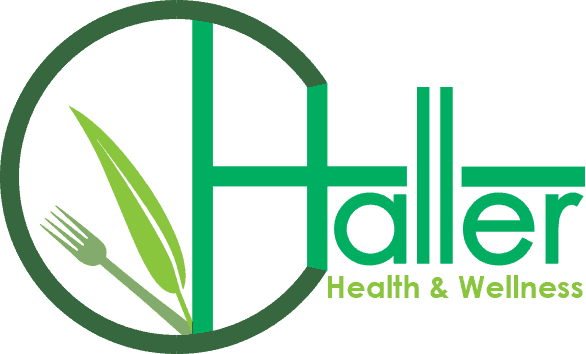This past week Frontline aired an eye-opening documentary on dietary supplement safety in the United States. If you take vitamins, minerals, or any other type of supplements I highly encourage you to take an hour of your time and watch this video. Americans spend billions of dollars each year on supplements that are not well-regulated and some may actually cause harm. Unfortunately, the supplement industry is not regulated the same way medications are.
As a registered dietitian I frequently get asked about dietary supplements from patients/clients: “What supplement is good for _____?”, “What supplement can I take to _____?”. The answers to these questions and going to be individualized and depend on the needs and goals of the person.
I recommend and use an evidenced-based approach when answering questions and providing guidance on supplements. There are various things to consider: What does the research say about said supplement? Is there a specific protocol to use? What are the risks/side-effects/potential harms of the supplement? How much, how often and for how long are all things we must consider.
There are certainly times when a vitamin or mineral supplement is beneficial, and in some cases necessary. For example, if someone has a nutrient deficiency that needs to be corrected and is unable to consume adequate amounts through food or has issues with malabsorption.
How do you know if you have a deficiency? Talk with your doctor and/or dietitian. A dietitian can perform a nutrient assessment where they can assess your nutrient intake, what you may be lacking in your diet, as well as assess risk factors that may cause or lead to a nutrient deficiency. A doctor can order specific labs to be checked via a blood draw.
More is not always better
Additionally, we seem to have the belief that if something is good, more must be better. I am hear to tell you, more of a good thing is not always better. A few examples: 1) Over-supplementing fat-soluble vitamins can cause toxicity. 2) Excessive zinc supplementation cause cause toxicity as well as disrupt other nutrient absorption such as iron and copper. 3) High dose Vitamin E may increase the risk of prostate cancer.
The Frontline documentary also highlights that many supplements contain foreign ingredients that are not on the label or they may contain less or more of the supplement than what the bottle claims. Or in the case of fish oil supplements, an alarming percentage of the supplements tested contained oxidized lipids which can actually be proinflammactory.
http://www.pbs.org/wgbh/frontline/film/supplements-and-safety/
Third-party verification
Lastly, if you are going to take a multivitamin or any type of supplement, choose one that has an independent, third party verification. There are companies that test and then certify that supplements contain the ingredients listed on the label and nothing else. Options:

